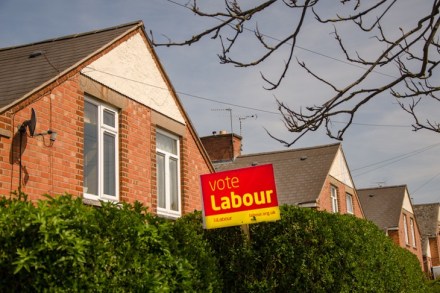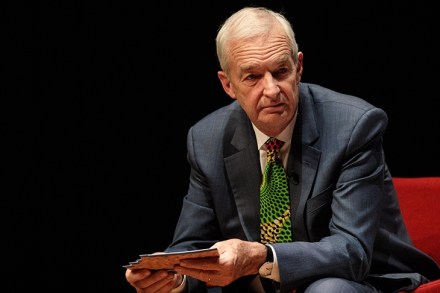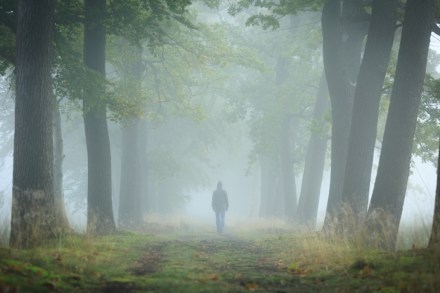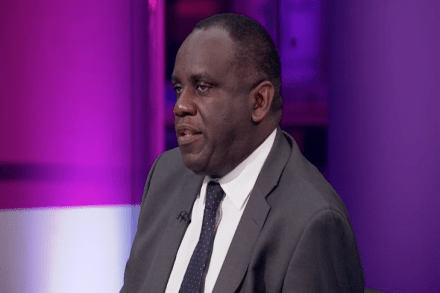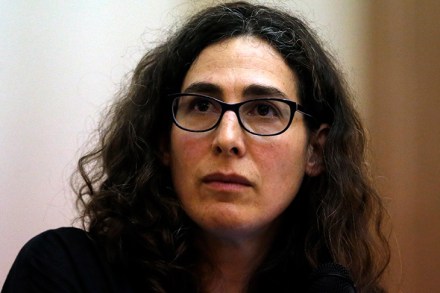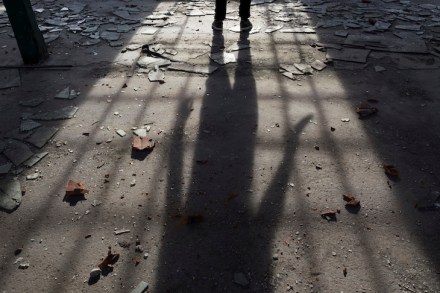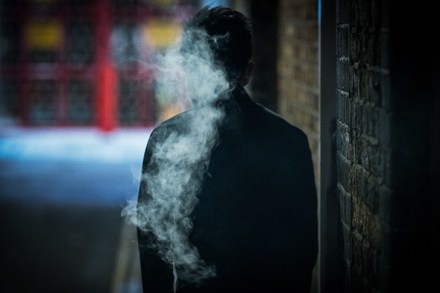A gang of sheep rustlers is stalking our county
Though autumn is happily still some way off, we’ve already reached that stage in the shepherd’s calendar when full-grown lambs loud bleat from hilly bourn. In fact they now look bigger than their mothers. The easiest way of differentiating the ewes from the lambs is that the latter still have their fleeces while the former are shorn and look thoroughly careworn and knackered from having to feed their demanding and needy adolescents long after it’s strictly necessary. What’s rather spoiling my nature notes at the moment, though, is the nagging fear that next time I venture out into the fields on my morning walk with the dog, our pastoral idyll






